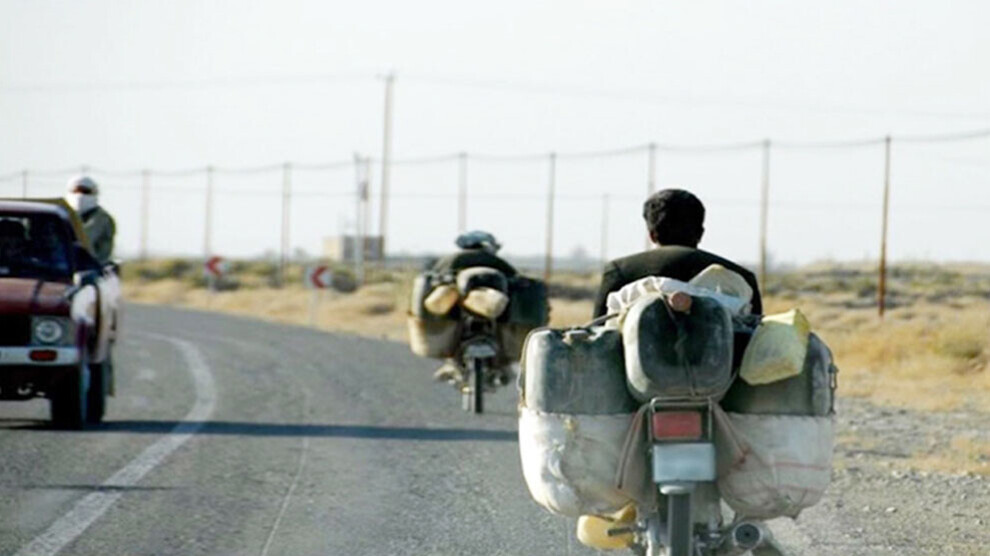Kolbar killed by soldiers in Iran
Iranian soldiers killed a kolbar from Balochistan on the Iran-Pakistan border.
Iranian soldiers killed a kolbar from Balochistan on the Iran-Pakistan border.

Again and again, news of kolbars killed by the Iranian forces come through from the border region to southern and northern Kurdistan. But also in the oppressed region of Baluchistan, the impoverished people are forced to transport goods across the borders, here especially fuel.
According to Kolbarnews, Mihemed Sencer Zihî, a kolbar from the town of Serawan, was killed last night by soldiers near the town in the Pakistan-Iran border region.
The Baluchistan question - a reflection of Kurdish history
Balochistan, like Kurdistan, is divided. The vast majority of Balochistan's population, about 15 to 18 million people, live in the eastern part, in the southwest of Pakistan. In 1666, the Khan of Kalat established the first independent state of the Baloch people, and the region came under British rule (1839) in the 19th century. This was followed by the systematic separation of Balochistan into three parts. With the special autonomous status in colonial British India, the Baloch people justify their right to independence to this day. Pakistan, however, does not want to know anything about this.
After the withdrawal of the British forces in 1947, the Baluch settlement area was annexed by the newly founded Pakistan one year later. The government in Islamabad abolished the partial autonomy that was initially granted in 1955. Since then, there have been several major rebellions, all of which were brutally put down with reference to the so-called "counterinsurgency". The Baloch people's struggle for freedom and democracy has also been widely suppressed in Iran. The Pakistani regime in particular, but also the Iranian state, are doing everything they can to put down the Baloch freedom movement, resorting to the dirtiest methods of repression.